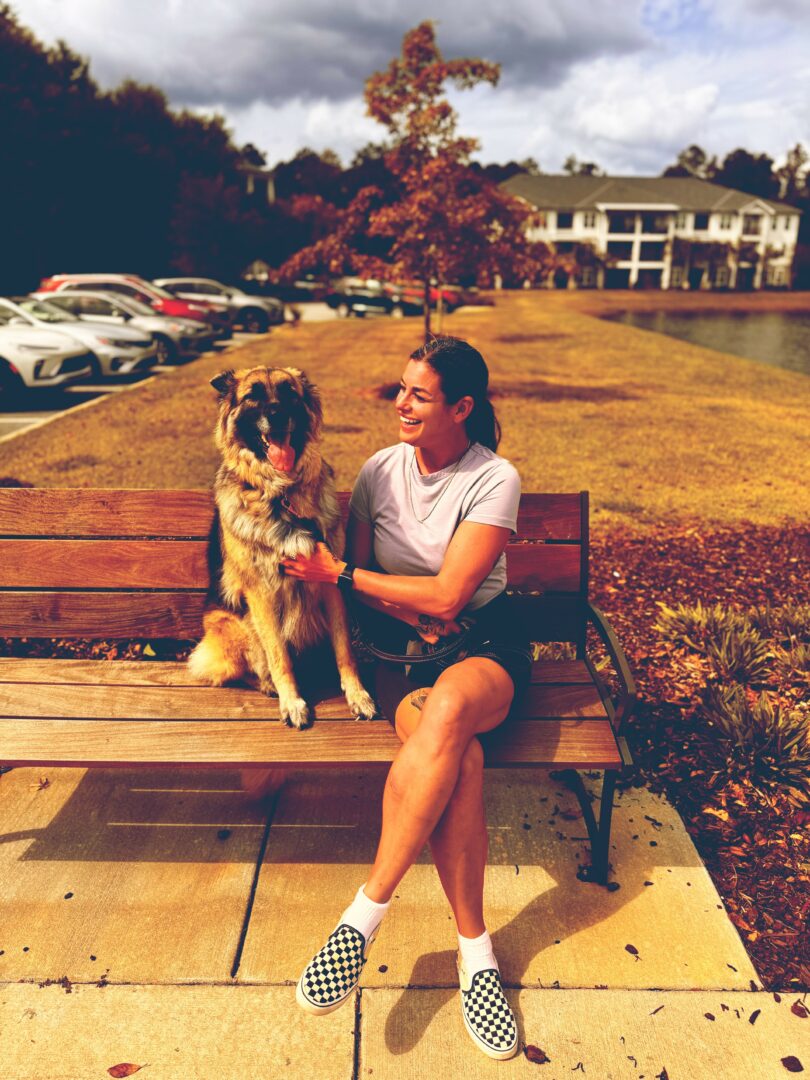Alright – so today we’ve got the honor of introducing you to Rebecca Van Dyne. We think you’ll enjoy our conversation, we’ve shared it below.
Rebecca, so great to be with you and I think a lot of folks are going to benefit from hearing your story and lessons and wisdom. Imposter Syndrome is something that we know how words to describe, but it’s something that has held people back forever and so we’re really interested to hear about your story and how you overcame imposter syndrome.
Imposter syndrome didn’t hit me all at once. It snuck in through the quiet moments—when I questioned my pricing, wondered if I was doing enough, or felt like I had to work twice as hard to be taken seriously. I don’t have the flashiest marketing, the best website, or a full line of Peace & Paws products (yet). I’m just one person pouring everything I have into something I love, and still, I found myself thinking, Who am I to call this a real business?
It took me a long time to realize the impact I was actually making. I’m in the work every single day, head down, heart in it, and I rarely get the chance to step back and see Peace & Paws the way others do. Sometimes I forget how much I’ve built. I forget the trust I’ve earned. And imposter syndrome feeds on that. It thrives when you downplay your own worth.
When it creeps in, it doesn’t just make me doubt my work—it makes me question myself. It feels heavy, like I’m carrying this invisible pressure to be everything, do everything, and still wonder if it’s even enough. But then a client sends a kind message, leaves a raving review that makes my eyes water or someone I love reminds me of who I am and what I’ve built, and it snaps me out of it. Their words are like little flashlights cutting through the fog and reminding me I’m not invisible. I’m not an imposter. I’m human. And I’ve already overcome more in this life than most will ever know.
But one thing I’ve never lacked is work ethic. I don’t stop until the job is done right, even if that means working long hours, sacrificing sleep, or putting my own needs on hold to make sure my clients and their pets are taken care of. Over time, the proof stacked up, clients who come back year after year, pets who greet me like I’m family, and the countless moments where I know I made someone’s day easier or just a little more peaceful.
I didn’t just overcome imposter syndrome I outworked it. And while I may not always feel like I see my business clearly in the moment, I’ve learned how to pause, look around, and finally give myself some credit. What I’ve created matters. And I’m proud of it.
I may second-guess myself sometimes, but one thing’s for sure, not many outwork me, and even fewer do it with the kind of heart I bring to the job. Peace & Paws isn’t just a business. It’s a full-blown movement built on hustle, care, and a whole lot of dog hair!
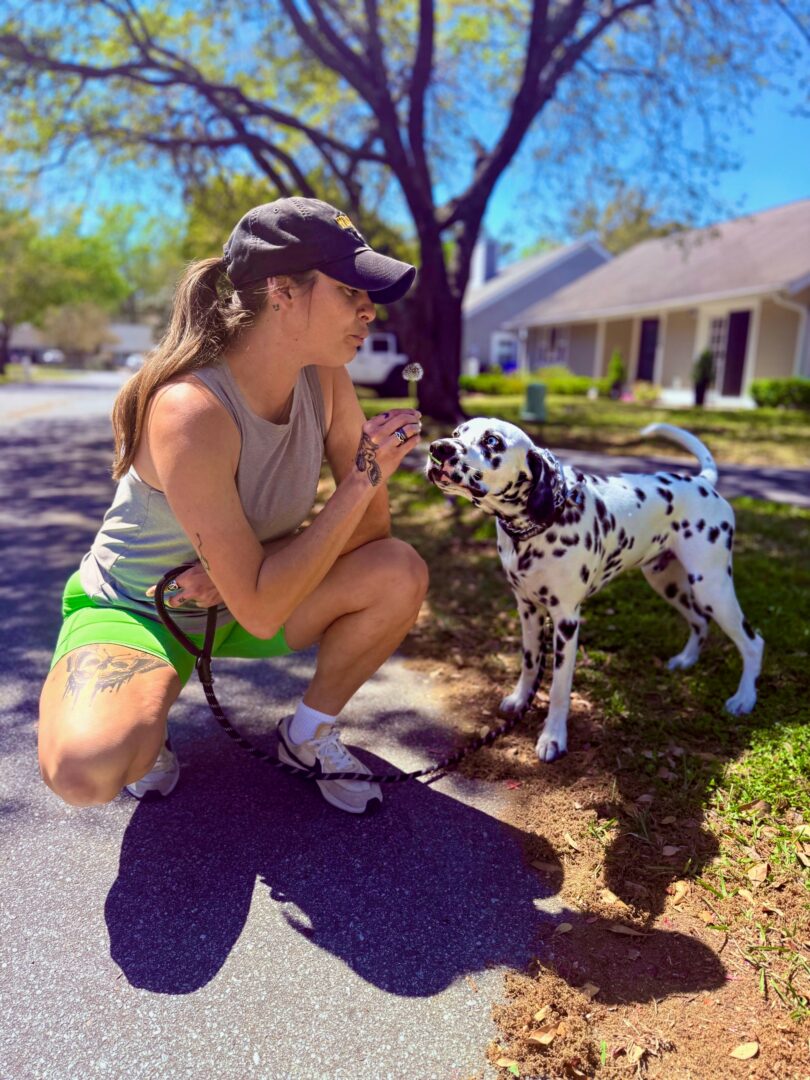
Thanks for sharing that. So, before we get any further into our conversation, can you tell our readers a bit about yourself and what you’re working on?
Peace & Paws was never just a temporary idea… I set out to build a brand with soul, purpose, and staying power. From the very beginning, I had big dreams for what this could become. That girls face lit up with the idea and I can remember the exact moment I decided to make this happen! I wanted to create something that made pet parents feel seen and supported, and made their pets feel safe, loved, and completely at ease while they were away.
Based in Charleston, SC, I provide dog and cat drop-ins, dog walks, and overnight sitting, including cat overnights. But it’s the care in between the checkboxes that truly defines Peace & Paws. I work solo, so my clients always know exactly who’s in their home and with their pets. I learn their routines, their quirks, their fears, and what makes them happiest. Whether it’s managing medications, handling anxious pups, or just sitting quietly with a shy cat who finally decides to trust me, I show up with intention every time.
What makes this brand special is the depth behind the service. It’s not just about letting a dog out or feeding a cat. It’s about making sure every single detail feels right for the pet and reassuring their humans along the way. My work ethic is next-level, and I bring my whole heart to the job—even when it’s exhausting. Because this isn’t just what I do. It’s who I am.
And now, after years of pouring everything into the foundation, I’ve started dreaming even bigger. I have so many ideas for how Peace & Paws can grow, not just for the pets and people I serve, but also for other sitters who care just as deeply. I’m in the thick of brainstorming ways to expand the brand with purpose, impact, and heart. Nothing’s set in stone yet, but the future feels exciting and I will make it happen!
Peace & Paws is rooted in trust, love, and consistency. It’s a business with heart, built by one woman who had a vision and never let go of it. And the best part? I’m just getting started!
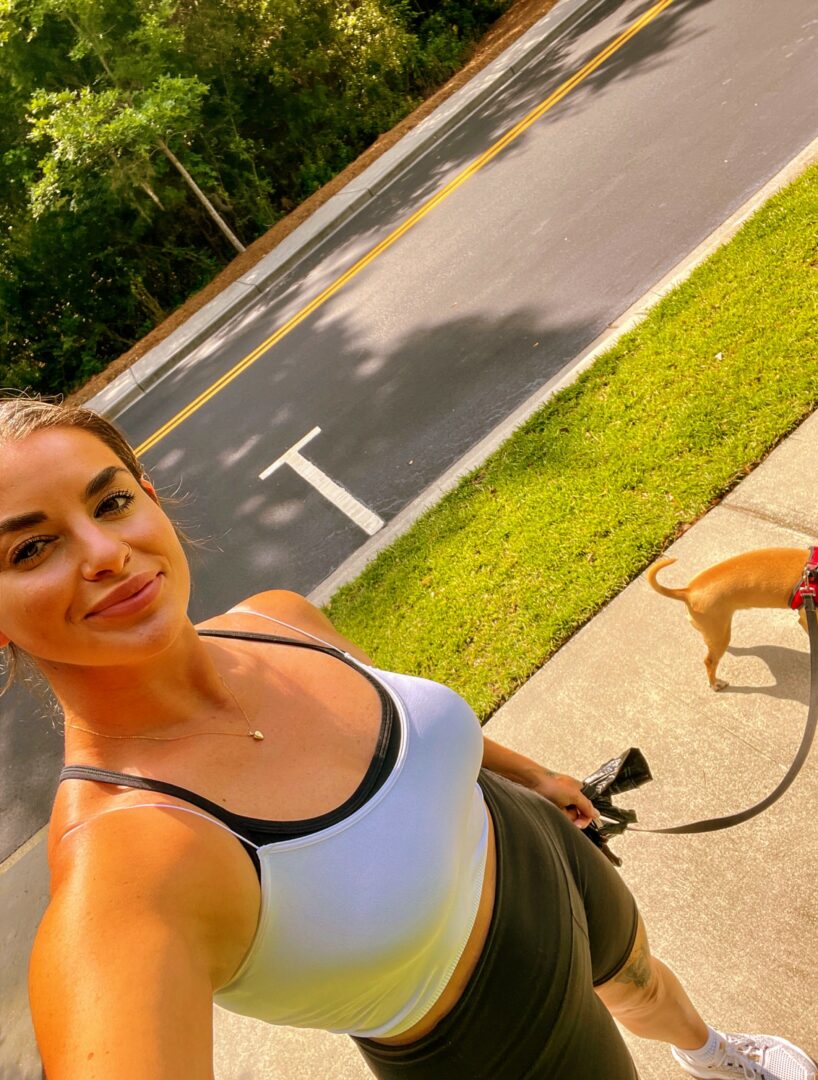
Looking back, what do you think were the three qualities, skills, or areas of knowledge that were most impactful in your journey? What advice do you have for folks who are early in their journey in terms of how they can best develop or improve on these?
Looking back, the three things that have shaped my journey the most are consistency, emotional intelligence (with a heavy dose of intuition), and the ability to adapt when life and pets throw curveballs, which let’s be real, they do often.
1. Consistency:
This one isn’t glamorous, but it’s everything. Show up when you say you will. Follow through. Pay attention to the details. People trust me with their pets and their homes because I’ve built a reputation around being dependable, every single time. Even when I’m tired. Even when it’s pouring rain and I forgot to eat lunch. Consistency builds trust and in this line of work, trust is gold.
2. Emotional Intelligence and Intuition:
This work is deeply personal. It’s not just about feeding pets and locking the door behind you. It’s knowing when a dog’s anxiety is creeping in before it shows. It’s sensing that a cat who “usually hides from everyone” just needs a little extra space and time to feel safe. It’s understanding that clients are trusting me with a piece of their heart, and sometimes that means listening, offering reassurance, or just being calm when they’re stressed out. If you want to get better at this, slow down. Be present. Tune in. Animals will tell you everything if you’re paying attention, and so will their humans.
3. Adaptability:
No two days are ever the same in this job. Schedules shift. A dog eats something weird. Flights get delayed. Technology fails. I’ve learned how to roll with it, fix things fast, and stay calm when chaos hits. That ability to stay grounded and make decisions under pressure has saved me and my clients more times than I can count. You learn this one by doing. And by reminding yourself that no matter how wild things get, you can handle it.
For anyone starting out: don’t worry about being perfect. Focus on being present, being reliable, and leading with heart. The rest comes with time. And when in doubt—trust your gut. It’ll never steer you wrong with animals or people.
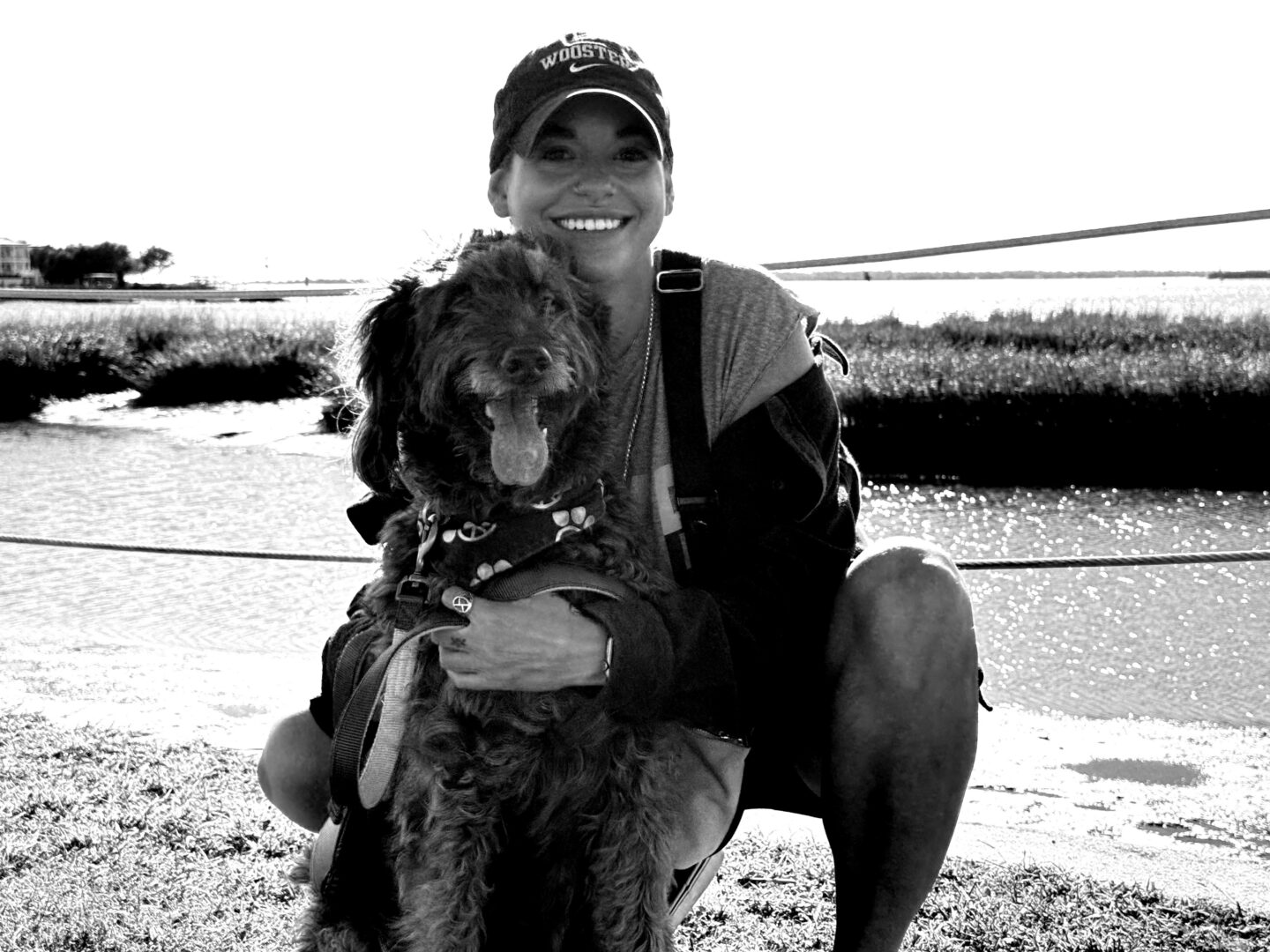
What has been your biggest area of growth or improvement in the past 12 months?
The past year has been all about boundaries and alignment. I’ve gotten so much better at knowing what kind of work fills me up and just as importantly, what drains me. I’ve learned to stop saying yes to every inquiry just because I can do the job. The truth is, not every service is feasible. Between Charleston traffic, long commutes, and back-to-back bookings, I’ve had to get really honest with myself and my service area: I can’t be in two places at once… even though if I could, I absolutely would. Saying no is hard, especially when I genuinely want to help but figuring out what actually works for me, my clients, and the pets in my care has been a huge area of growth.
Another big one has been creating better routines behind the scenes. My days are built around the needs and schedules of the pets I care for, especially during overnights. That makes consistency in my back-of-house work a challenge. But over the past year, I’ve started building systems that help me stay on top of admin tasks, communication, and planning. It’s not always perfect, but I finally feel like I’m getting somewhere and running my business with more intention instead of constantly reacting to what’s next.
These shifts have allowed me to care for myself and my business better. I’m no longer running myself into the ground out of guilt, stress or fear that I’ll miss an opportunity. I’m making space for clients who see the value in what I do, who respect my time, my dedication to them and who treat our relationship as a partnership. That’s been a huge change and a freeing one.
The clients who light me up most are the ones who see me as more than “just the sitter.” They value the updates I send, trust my judgment, and care about the little details as much as I do. They’re the people who leave a light on for me, tell their friends/neighbors about my work, and genuinely want their pets to be happy—not just “handled.” They also respect my time, honor my policies, and appreciate that there’s a business backbone behind the love and care. When I’m working with people like that, everything flows better. And Peace & Paws gets to operate at the level I always envisioned.
My biggest takeaway this year? Growth isn’t always about doing more. Sometimes it’s about protecting what you’ve built, creating space to breathe, and working with the right people not just any people.
Contact Info:
- Website: https://www.peaceandpawspetsitting.com
- Instagram: https://www.instagram.com/peace_pawspetsitting
- Facebook: https://www.facebook.com/PeaceandPawsPetSitting

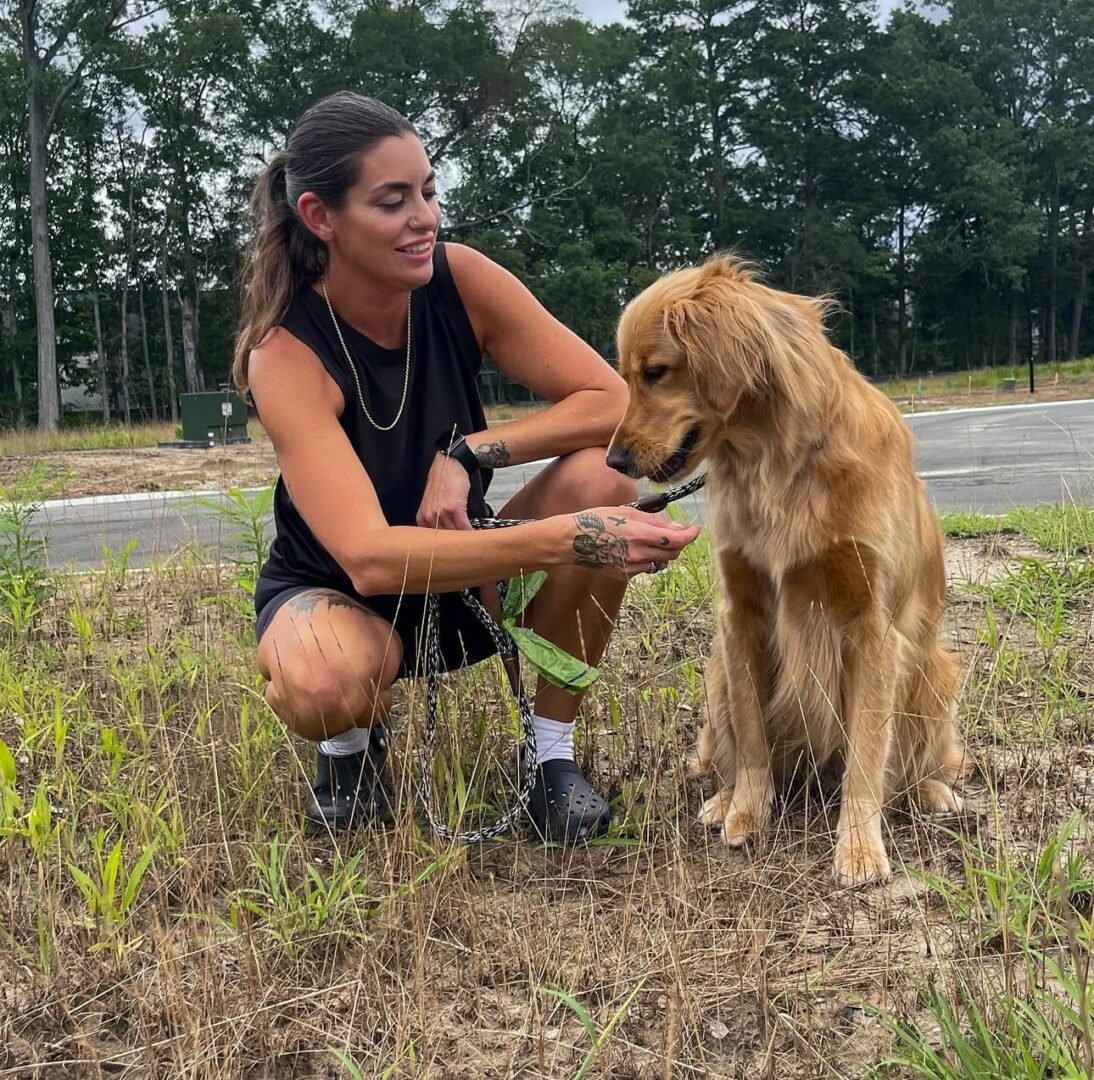
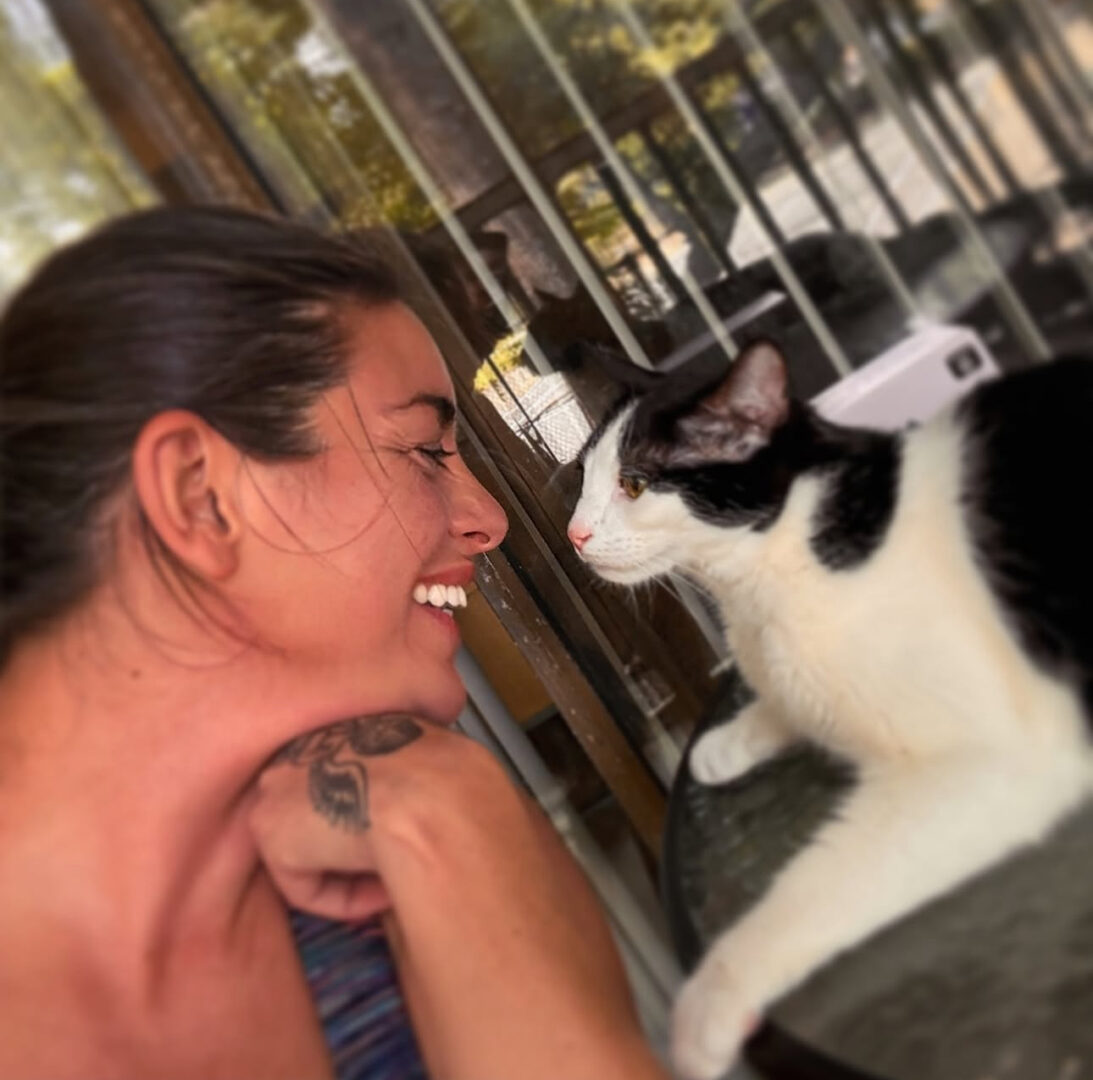
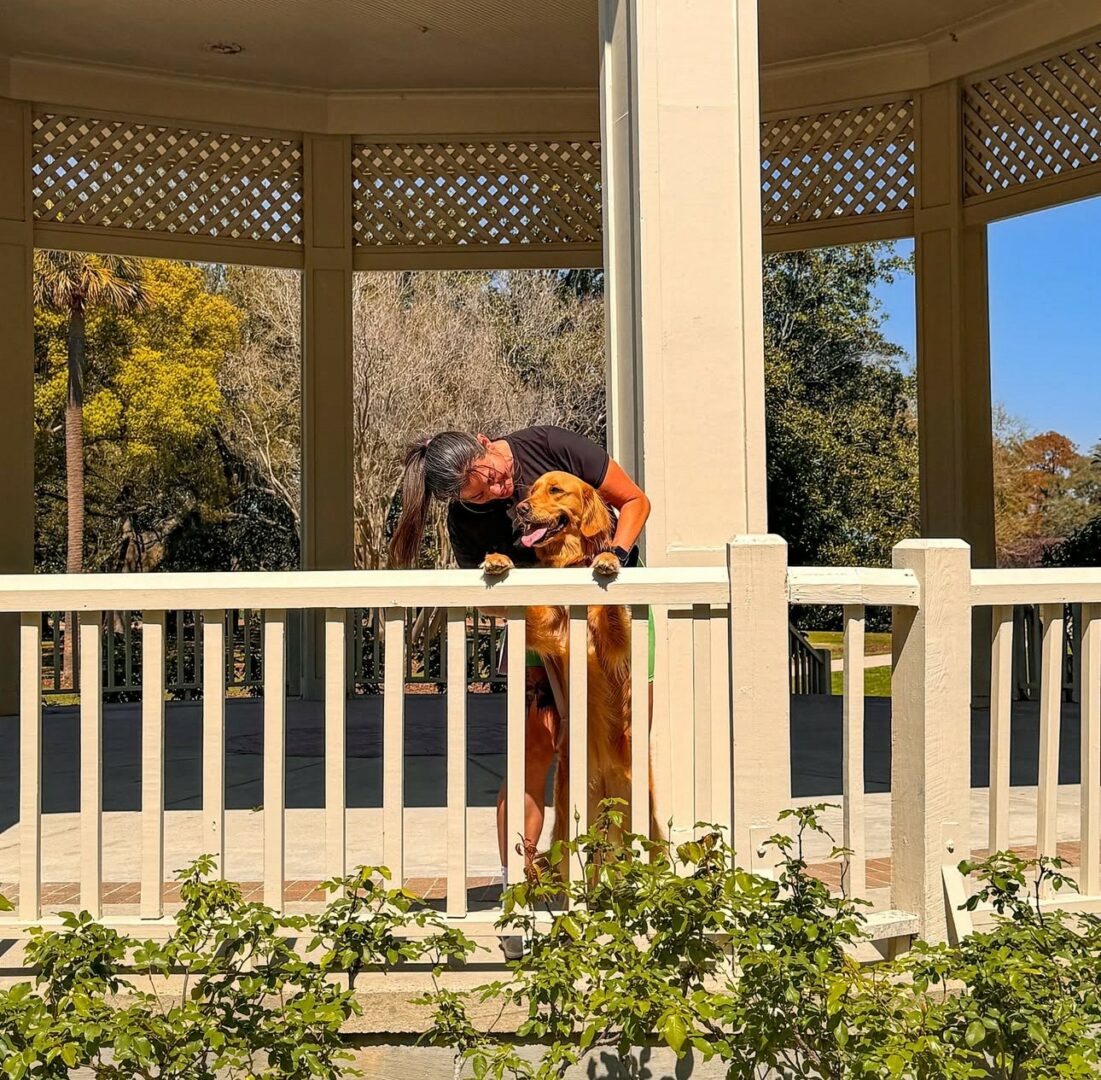
so if you or someone you know deserves recognition please let us know here.

